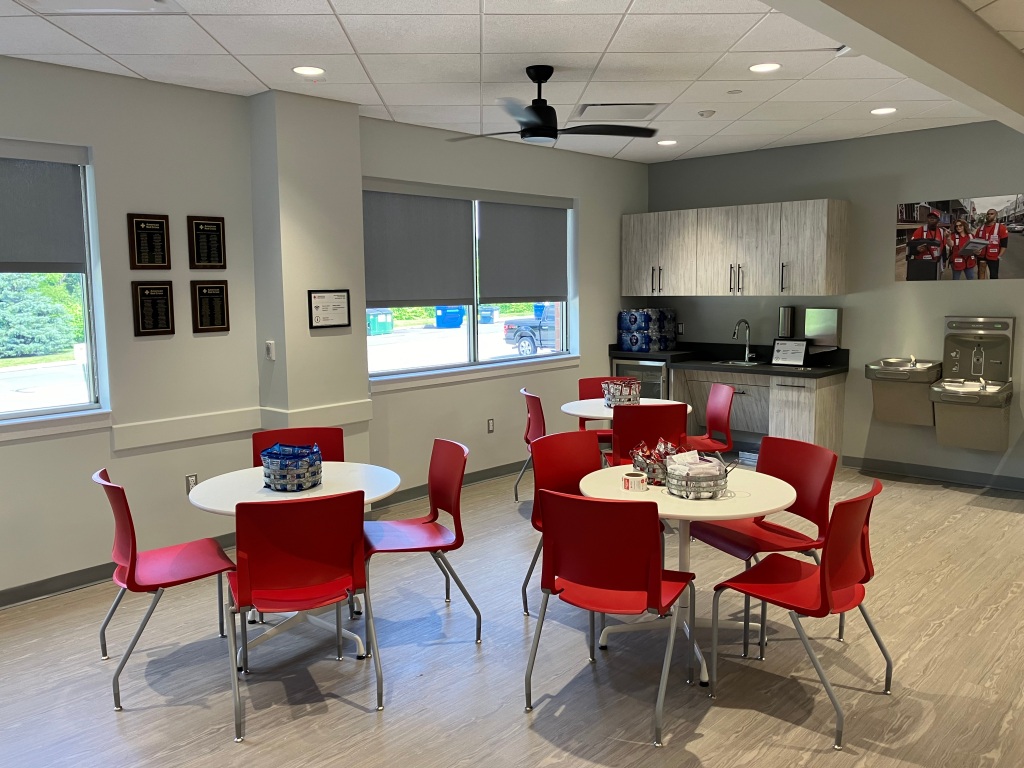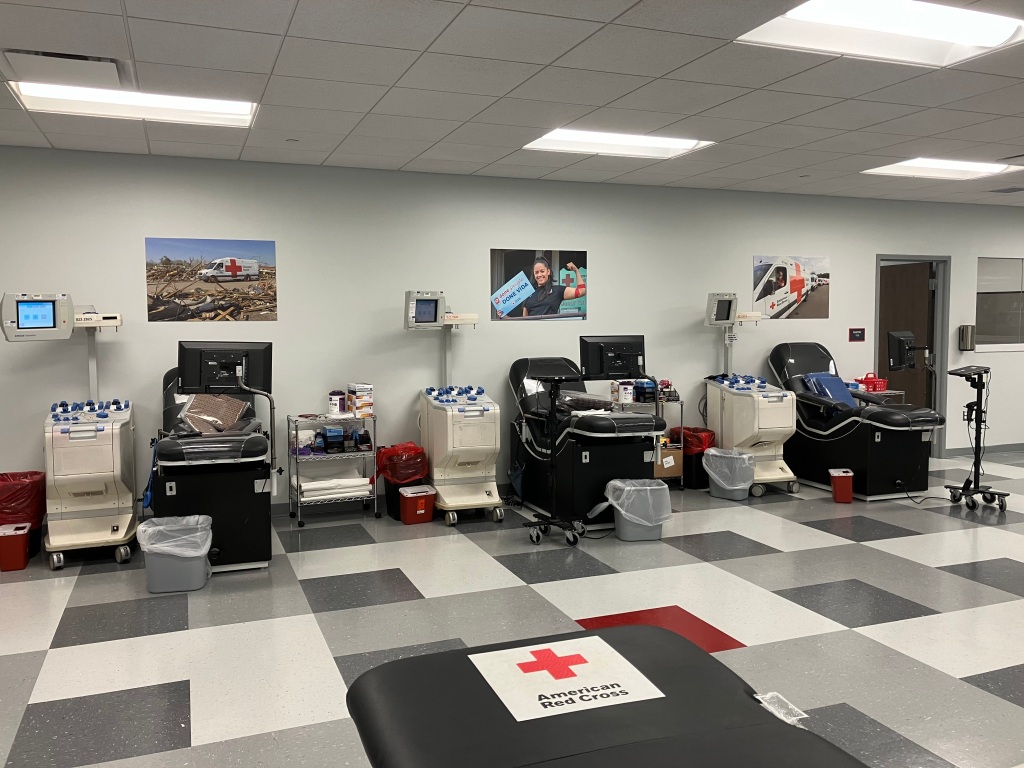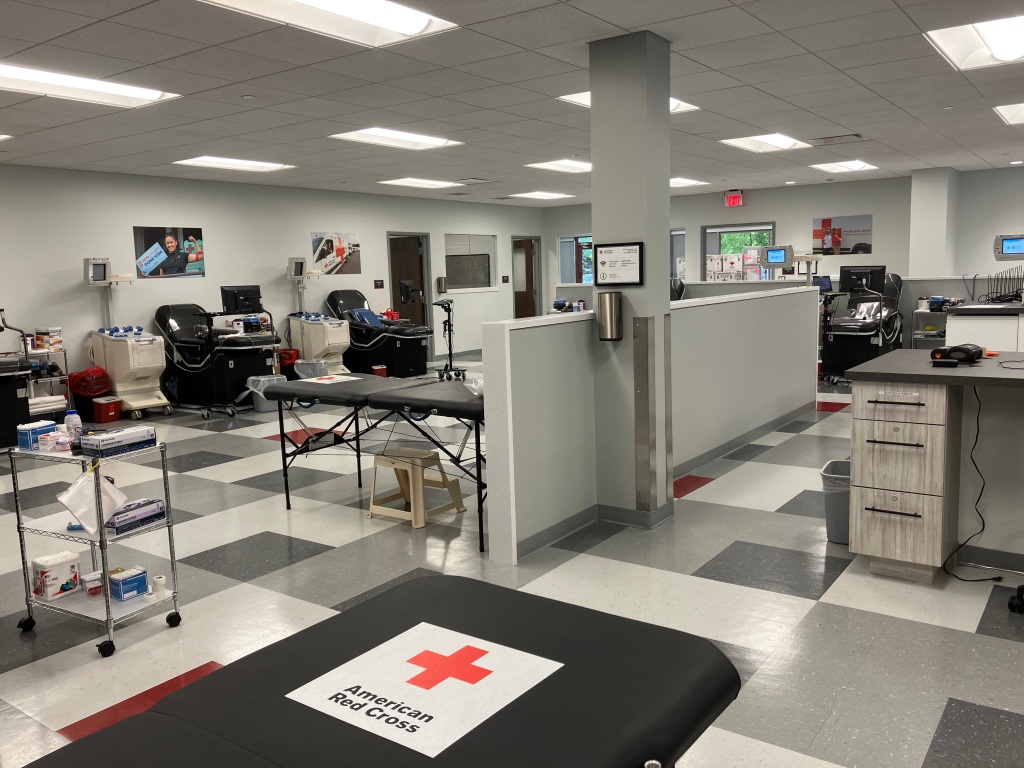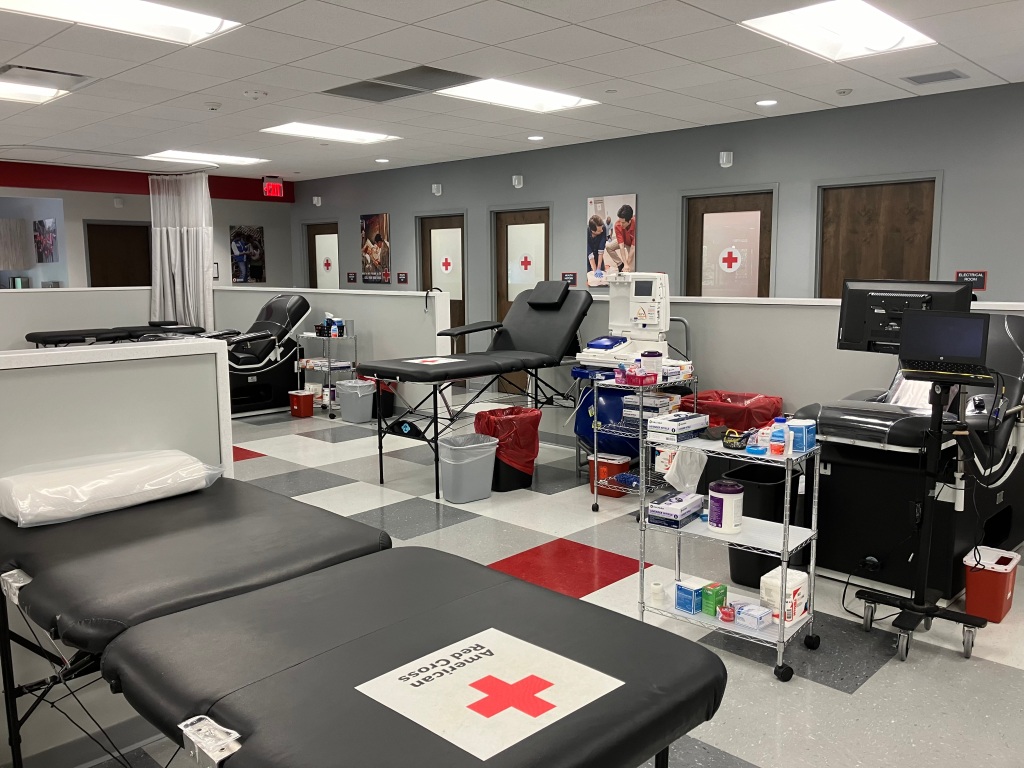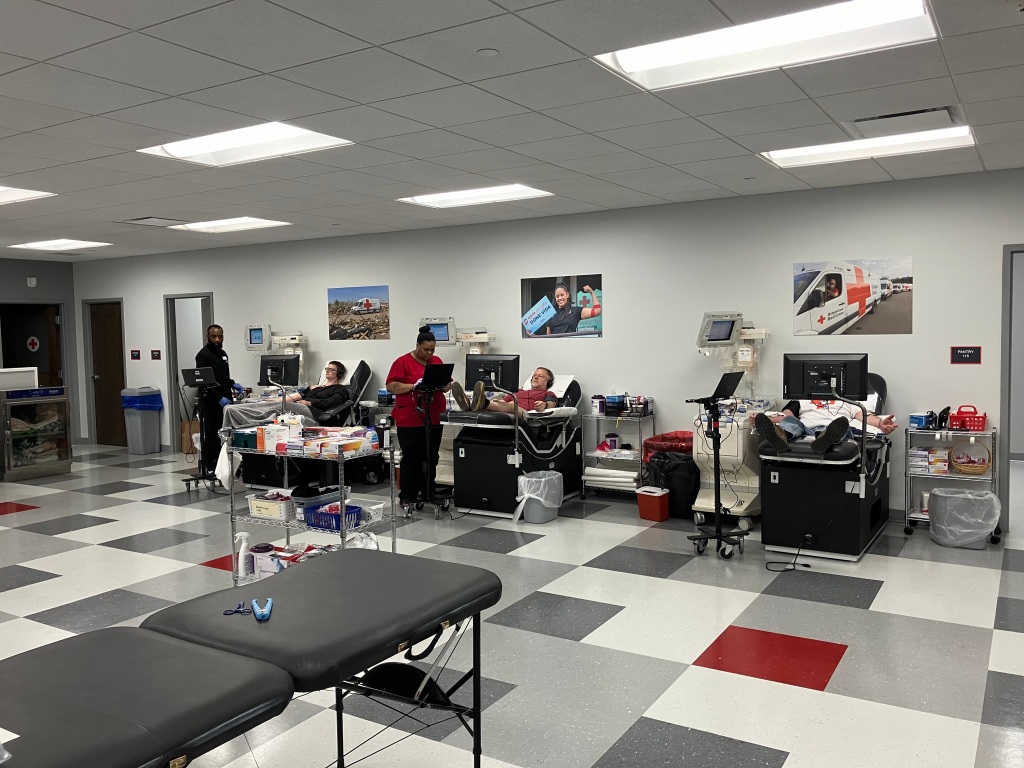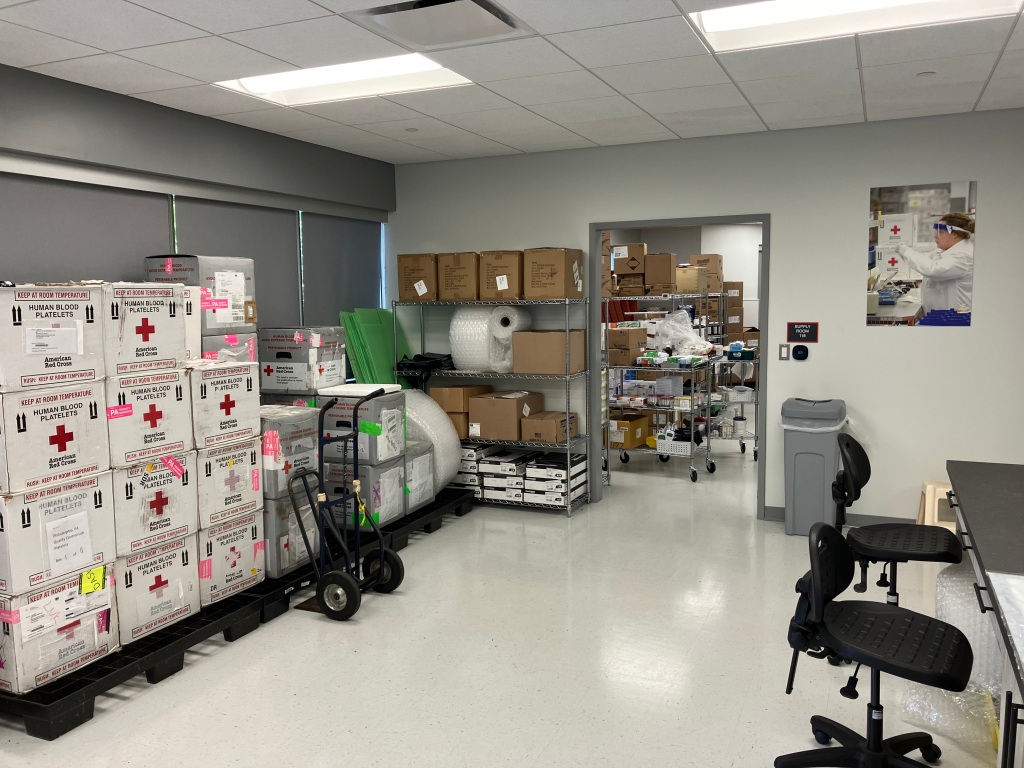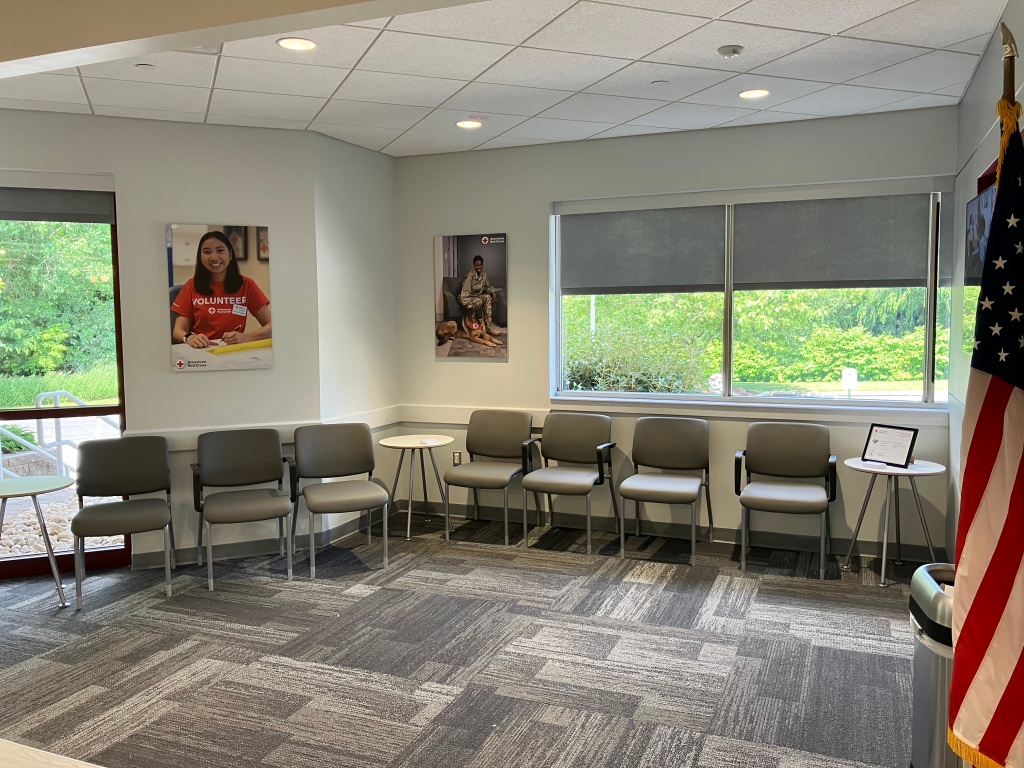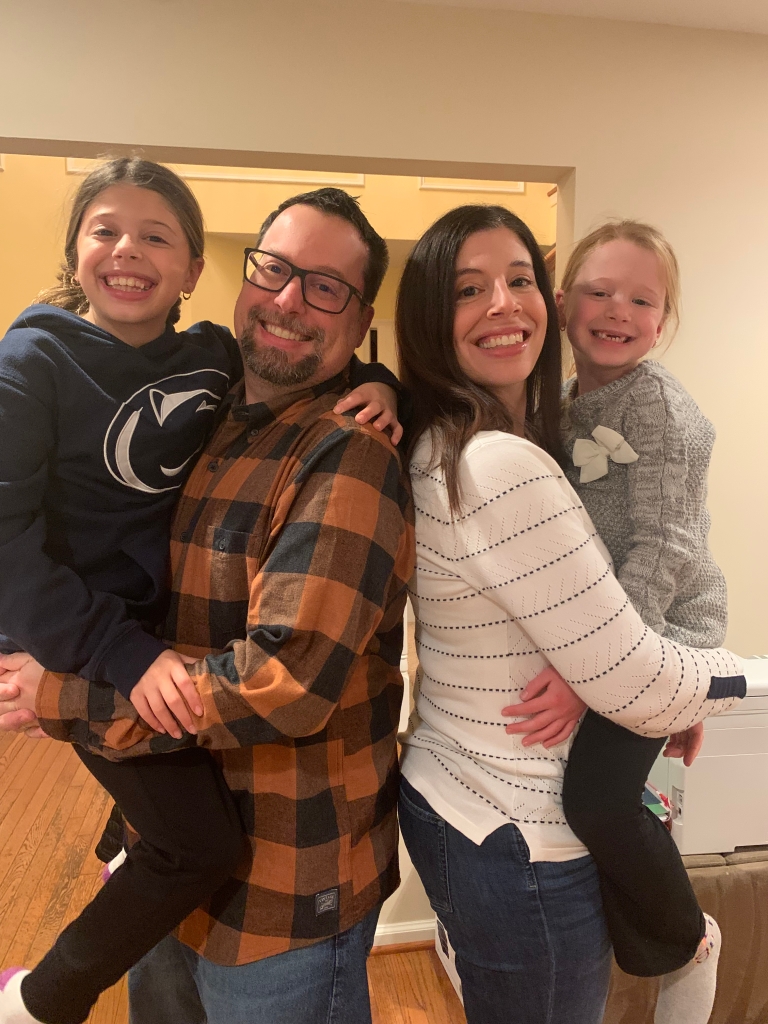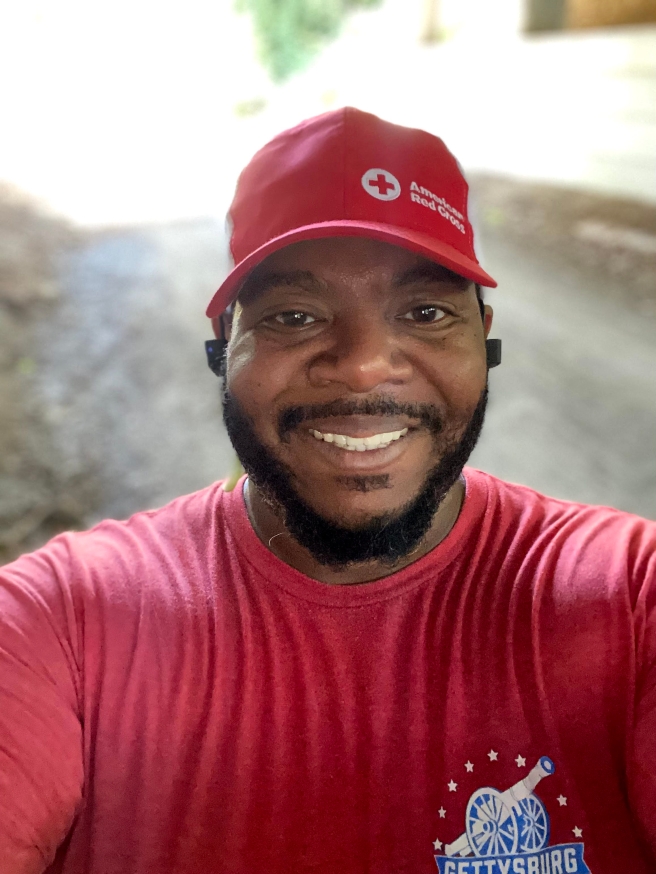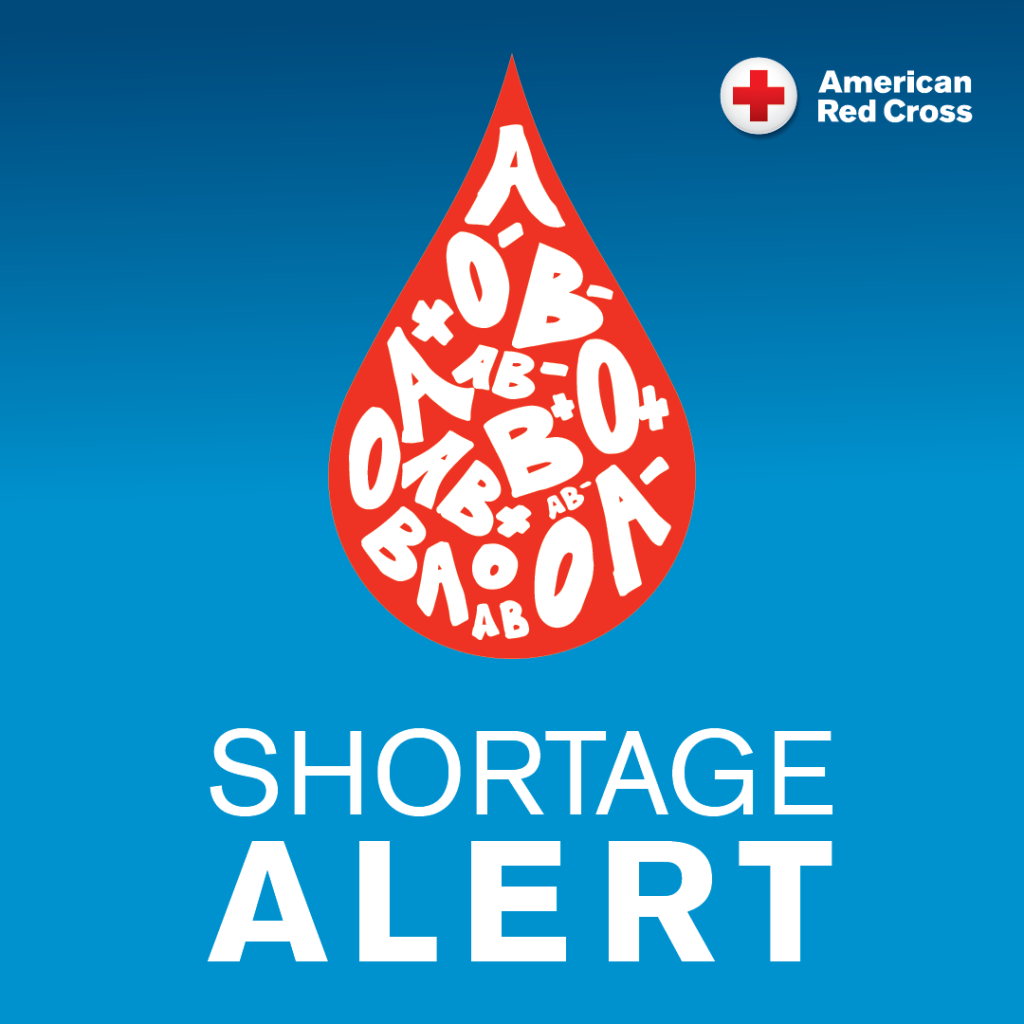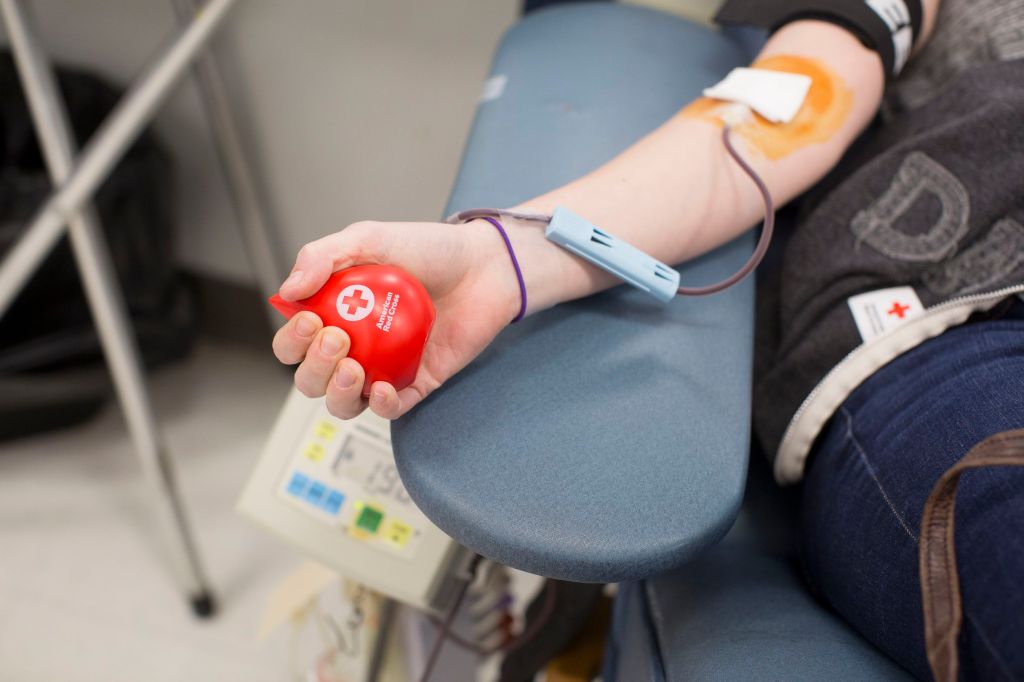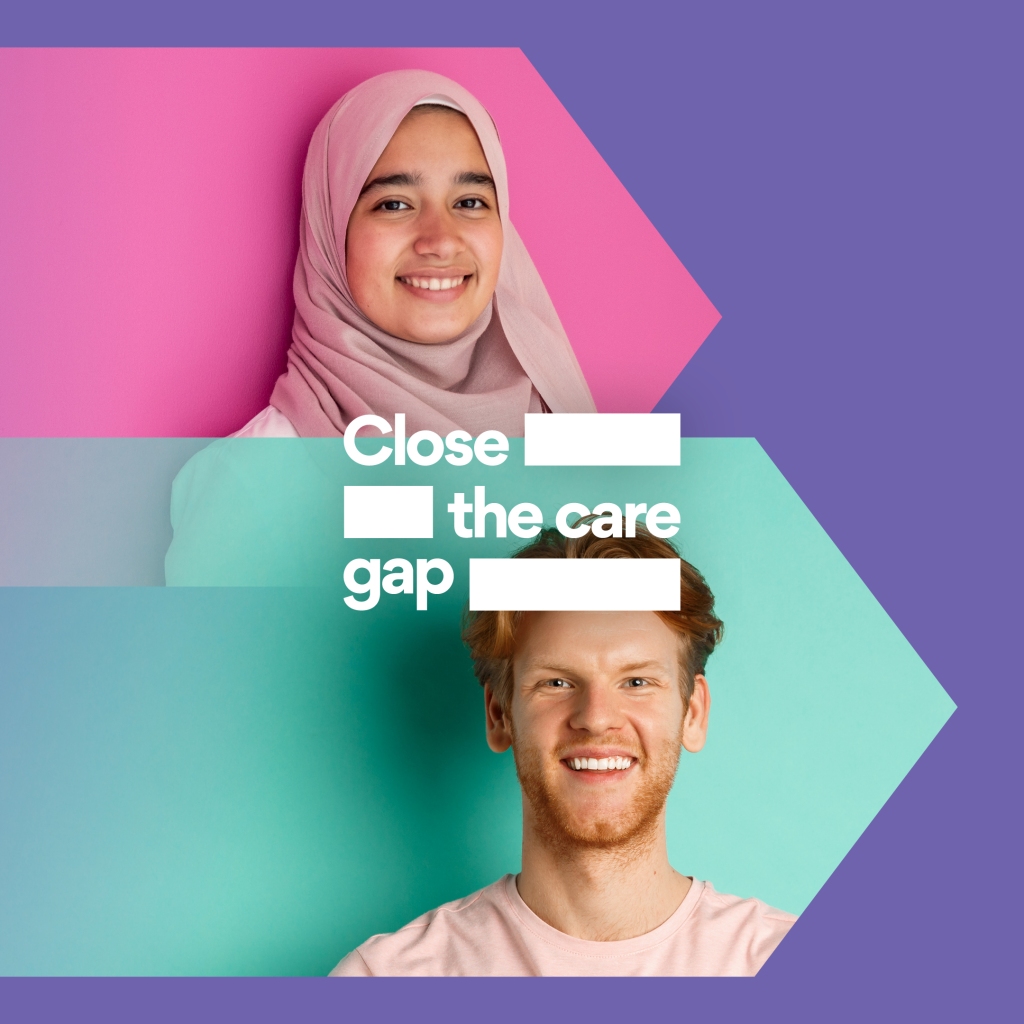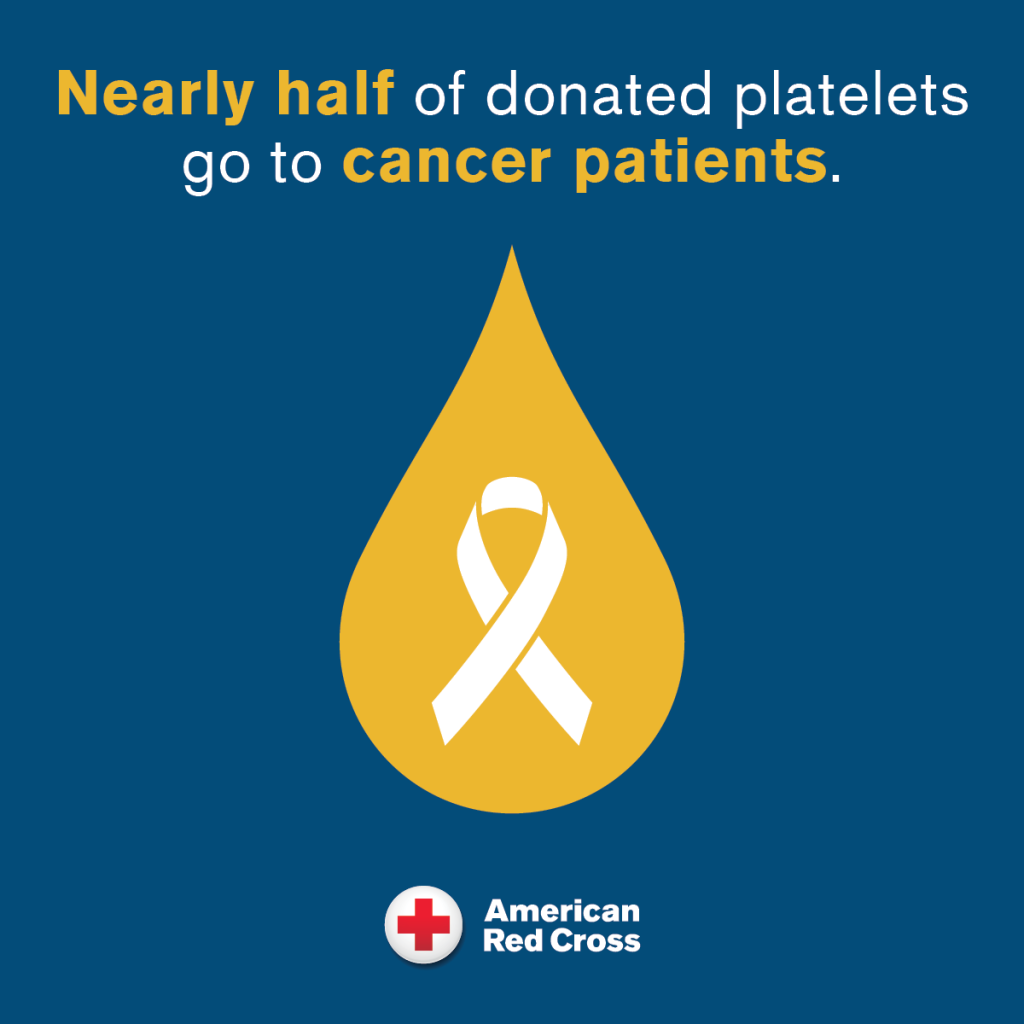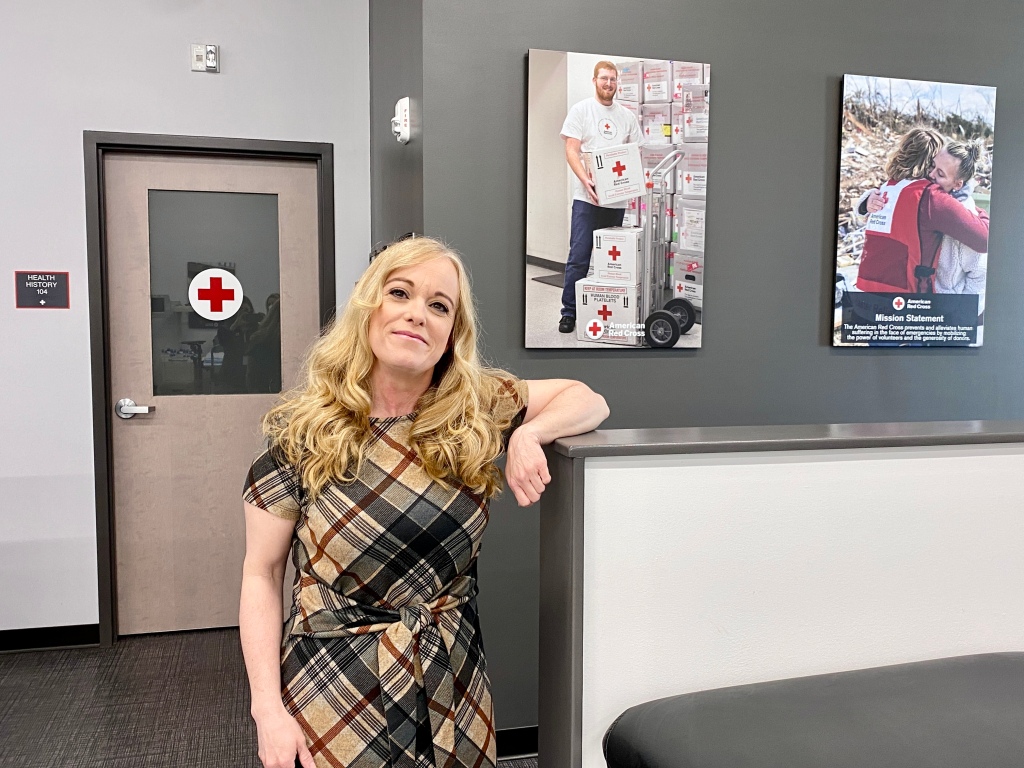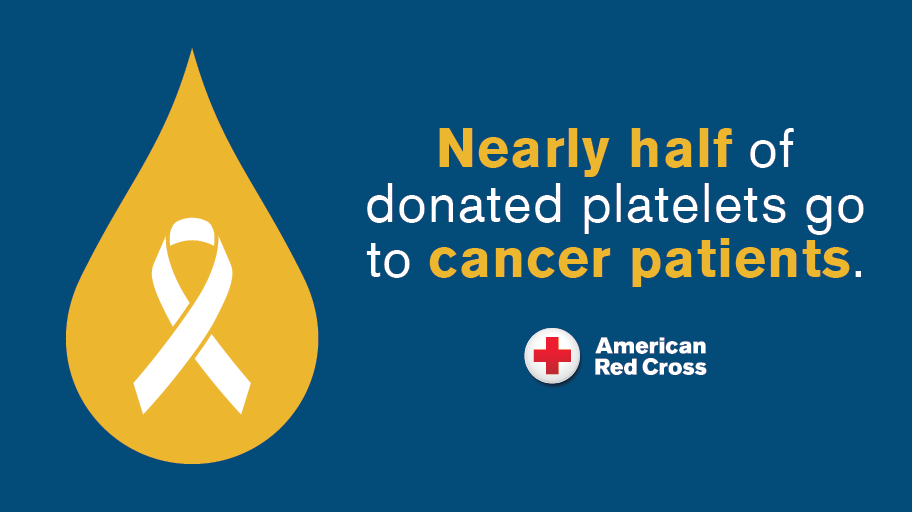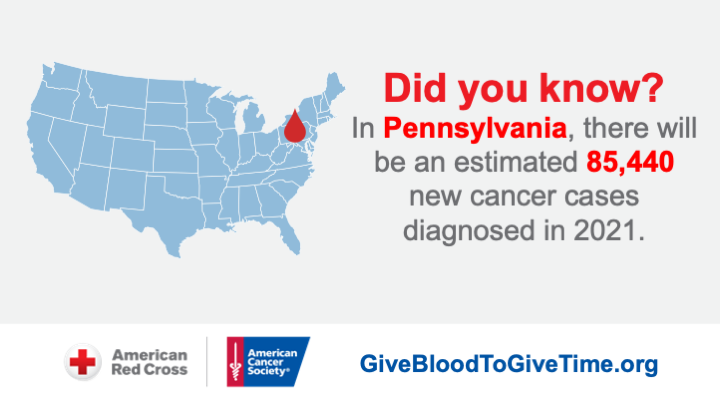By Dave Skutnik
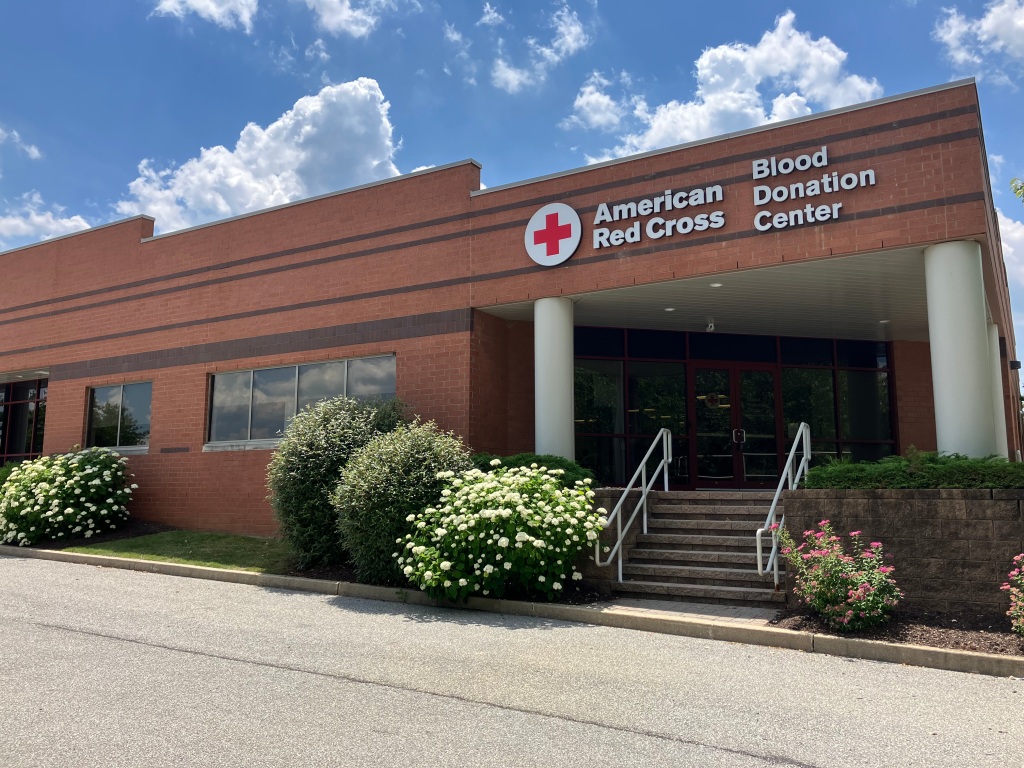
People wanting to make a lifesaving difference in Chester County have the chance to donate blood and platelets at a new West Chester American Red Cross Blood Donation Center. The new donation center is now collecting blood and platelet donations for patients, such as those battling cancer, accident victims, transplant recipients and those living with sickle cell disease.
The new blood donation center is located at 1065 Andrew Drive. When turning into the parking lot, donors should turn left and head around the left side of the building. Parking and the entrance are both located in the rear. This new donor center replaces the location previously open on Gay Street.

Having a readily available blood supply is vital for patients whose survival depends on transfusions.
“From mothers experiencing childbirth complications to those facing trauma situations in the emergency room, many of us may be connected to someone who has relied on lifesaving blood products,” said Jennifer Graham, Regional CEO for the American Red Cross Southeastern Pennsylvania. “The Red Cross is pleased to offer donors this new opportunity to help provide hope, healing and access to treatment for patients in need.”
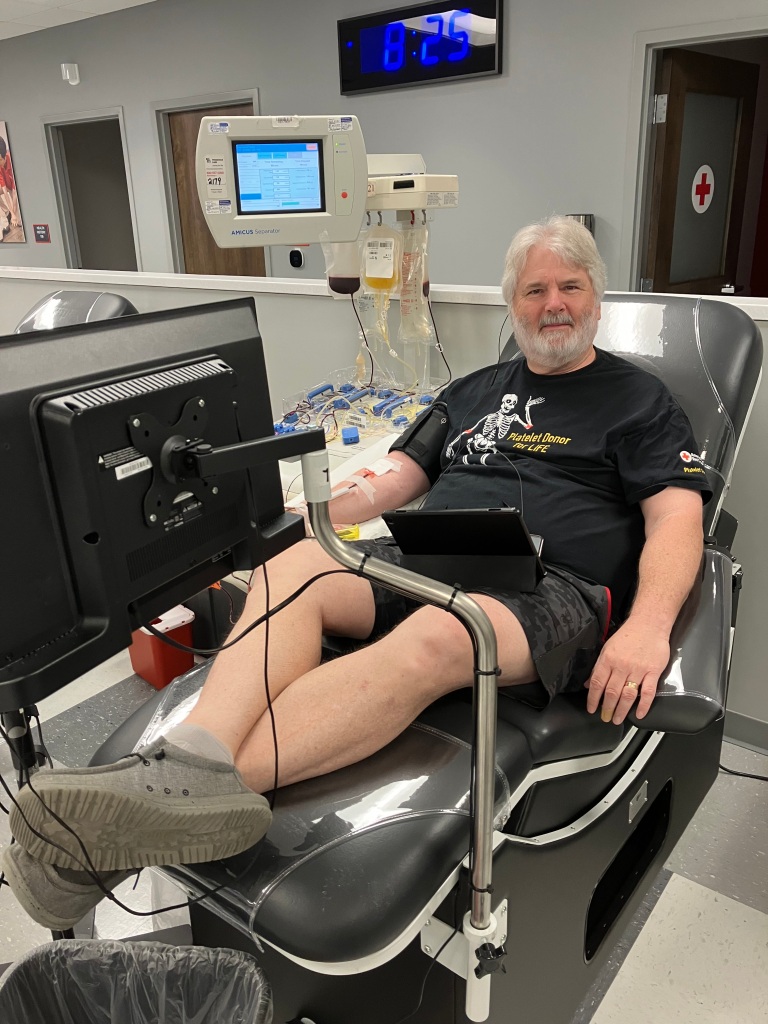
Donating blood is essential to community health, and volunteer donors are the only source of blood for those in need. By making an appointment to give blood or platelets at the West Chester American Red Cross Blood Donation Center, donors can feel good knowing that they may be helping patients not only in their community, but also their family and friends across the nation.
“Big, bright and beautiful,” is how platelet donor Mike Erdlen described the new West Chester Blood Donation Center. He was the first donor to walk through the doors of the new center when it opened on Friday, June 14, 2024. June 14 was also World Blood Donor Day, a day to thank voluntary blood donors for their lifesaving gifts. The Red Cross thanks donors like Mike, who has made more than 350 donations in his lifetime. Mike makes the trip from Newtown Square to West Chester for his regular appointments and is excited that the open space offers the chance “to see all the great staff and volunteers here.”
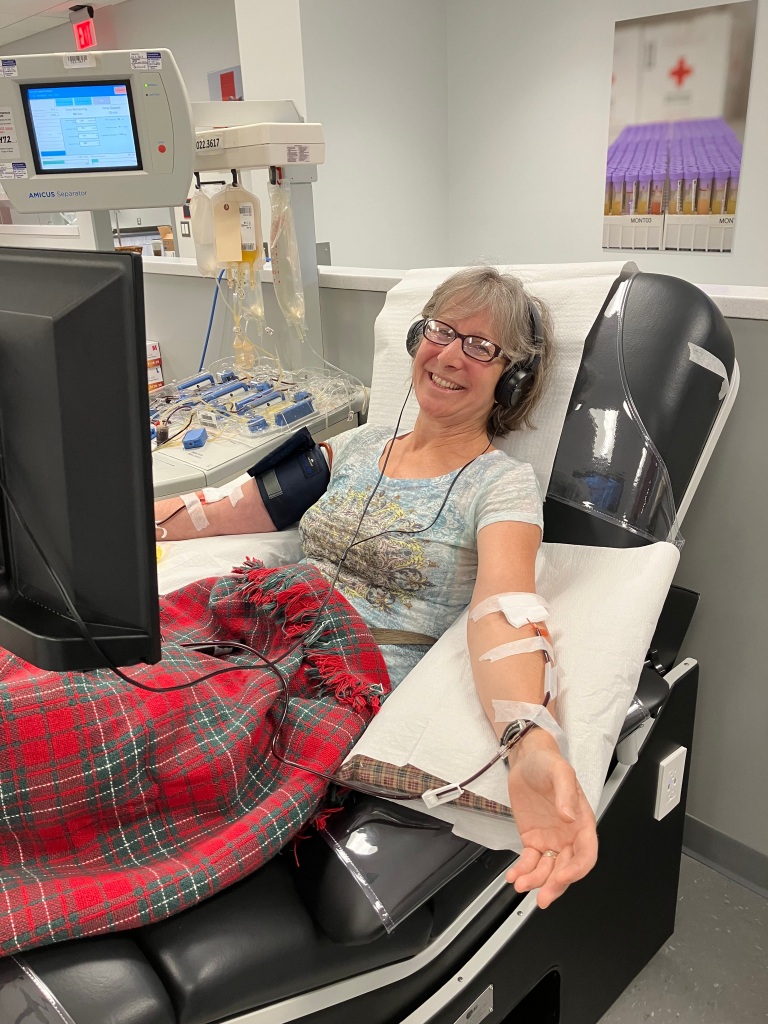
Platelet donor Dianne McNally of Paoli was surprised and excited to hear that she was one of the first to arrive at the new donation center on June 14. “It was easy to get to. It’s beautiful. Everything is going very smooth,” said Dianne, who has been donating blood for more than 20 years.
Platelets are the clotting portion of blood and are needed for many reasons, but they are primarily given to cancer patients. These tiny cells have a very short shelf life – just five days from the time they are donated – so there is a constant, often critical, need for new and current donors to give to keep up with hospital demand for platelets.
In addition to the West Chester Blood Donation Center, individuals will also continue to be able to give blood at Red Cross blood drives across Chester County.
Slideshow of West Chester Blood Donation Center interior. Photos by Dave Skutnik / American Red Cross

